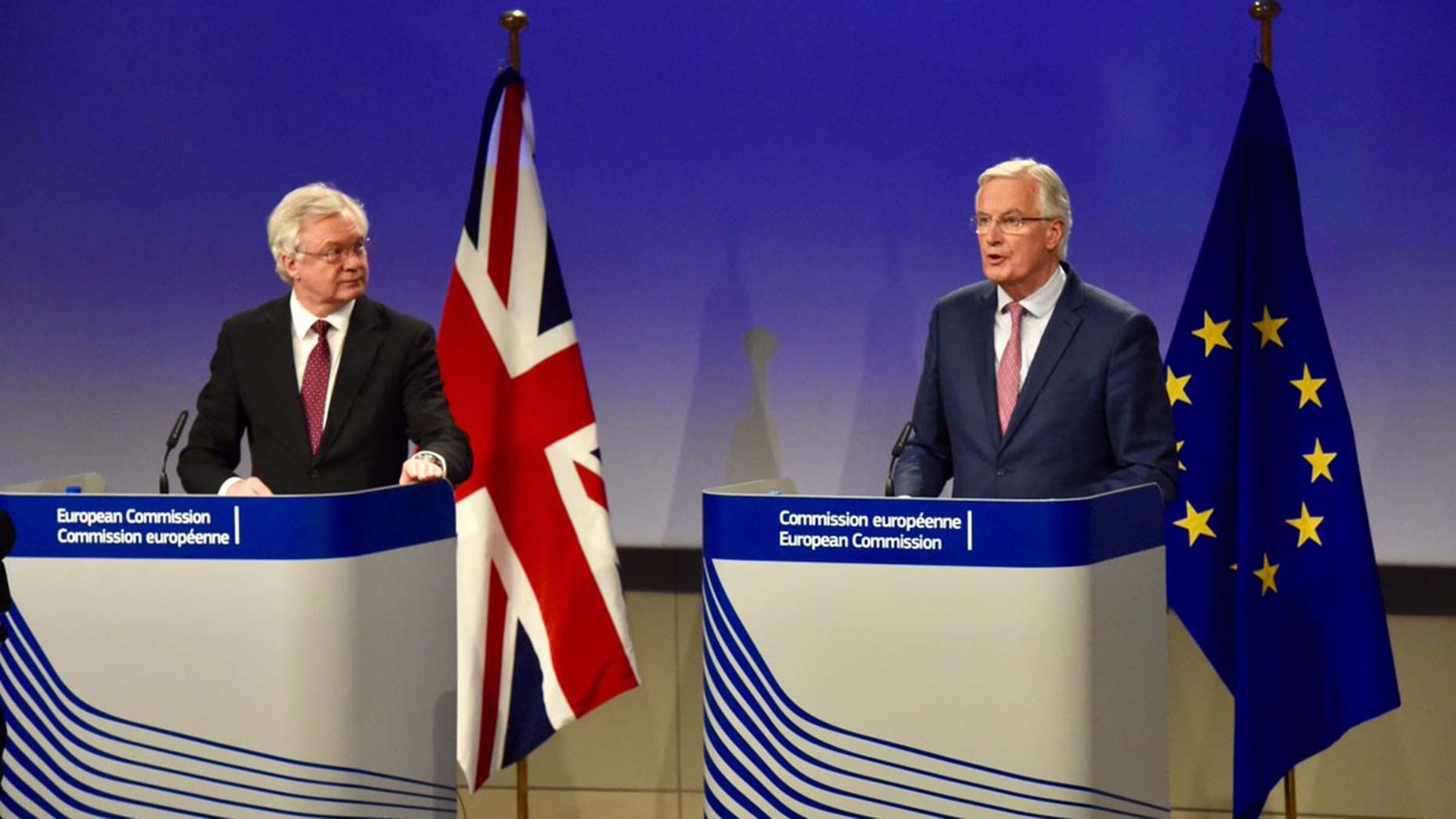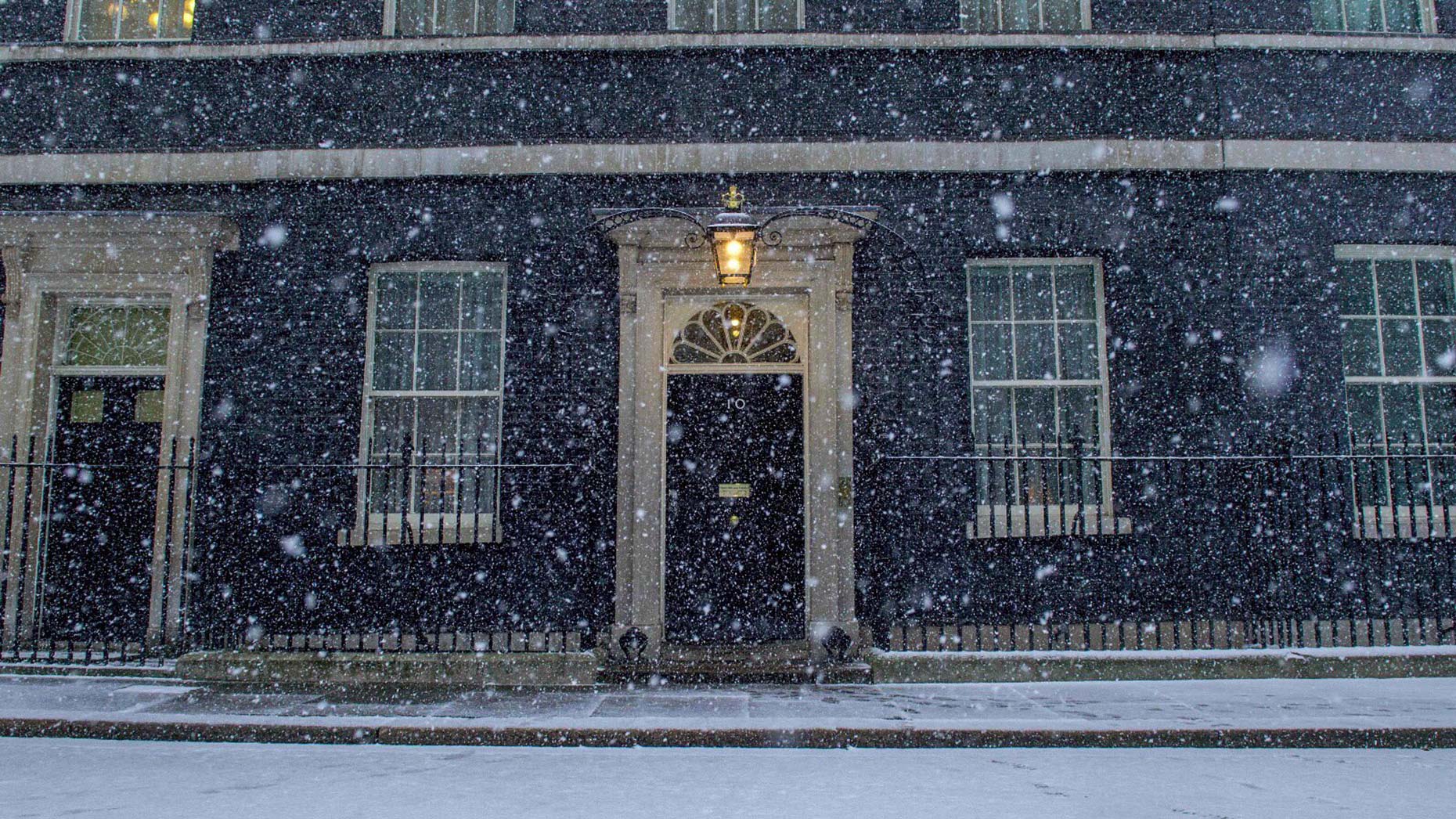Listen carefully to music: the beat is made of the sound – and pause. It is the pause which makes the rhythm. What you don’t hear is more important than the sound itself. The silence is everything.
Now listen carefully to reactions to the draft agreement on the withdrawal of the UK from the European Union and the European Atomic Energy Community. What is not said is more important than the words written. The silence is everything.
The agreement is what was to be expected. The EU point of view prevailed. And Theresa May was forced to execute yet another of her now famous U-turns. On EU citizens’ rights and Irish ‘back up clause’ in this case.
Transition/implementation was defined as a period of two years to prepare for post-Brexit trade agreements with the EU. Assuming, of course, that a new trade agreement between UK and EU would be in place, this will be to implement the new rules and regulations. Who called it ‘implementation’ period? The UK.
Now the 21 months allowed for the withdrawal from the EU will be used to hammer out the yet unspecified trade deal. As of today there is nothing to implement. The EU term ‘transition’ won the day. It’s not surprising businesses are calling for “a second transition” after December 31, 2020.
It is ‘cliff edge scenario’ postponed.
We should remember how we got here: First we were promised immediate benefits and a quick execution. No deal is better than bad deal, remember?
Then we were to reap the riches after March 2019 – we were going to strike free trade agreements all over the word during Article 50 negotiations. (The easiest trade negotiations in the world, remember?) Now the benefits of ‘free trading’ global Britain can happen only after 2021.
Whilst Brexit benefits are projected further and further in the future, Brexit costs pile up now. We might be better off only after 2026. If ever.
Despite all those promises not being kept, all those red lines being broken, all the posturing leading to a climb-down, there is hardly any dissenting sound from pro-Brexit camp.
The silence is ominous and is the result of the whole string of unfulfilled Brexit aspirations, like the £350 million per week for the NHS. The list is much longer: fisheries, control of our borders (immigration will continue), control of our money (UK contributions will continue for 45 years), control of our laws (definitely under the European jurisdiction).
Listening to the silence of the Messrs. Davis, Rees-Mogg, Johnson, Fox there is an obvious change in their strategy. No more promises. The narrative of ‘no deal is better than bad deal’ is out – even they realise the dire consequences for the UK with a cliff edge scenario. ‘Any deal is better than no deal’ is in. That is the only way it can still be sold to the public.
For the anti-EU camp the important thing is to leave on midnight (EU time) on March 30, 2019. Whatever the deal – as long as it placates the public, the business community, the society into silence. With the principle of superiority of the British Parliament, the Brexiteers know that the current one cannot tie up the future parliaments. Once we leave, all hell can break loose and nobody can do anything about it. We are out, out, out. And they will be in, in, in.
The public seems to be silenced too. Partly, there is a Brexit fatigue; partly the arguments are getting more and more technical; partly the negative impact is only slowly working its way through: remember how project fear was discredited because nothing happened on the morning of June 24, 2016? The sun rose, the sky did not fall in.
A lot of things happened since: the Bank of England had to pump in billions into the economy, the pound lost almost 20% of its value, inflation is indeed up, real wages down (with the exception of migrant workers whose wages are rising, a nice irony), house prices are coming down, the companies are moving out and foreign direct investment is getting smaller.
The pattern is here: the benefits of Brexit are doubtful, diminishing with every single day and delayed to yet unspecified future. In contrast, the costs are rising now. Project fear is now project real.
This is the worst time for the public to become quiet. We did not accept ‘no deal’ scenario. We should not acquiesce to ‘any deal’ either. If the whole purpose of ‘any deal is better than no deal’ is to get UK out of EU without a proper discussion, we should rise and be counted.
We need to discuss the issues, the impact, the impending possibilities. That is why the European Movement Lincolnshire is organising Whatever you wanted to know about Brexit but were afraid to ask debates about inn Lincoln on March 24, in Holbeach on April 20 and in Spalding on May 25. Pencil the dates in and check their website – anybody from the Leave as well as Remain camps is welcome.







